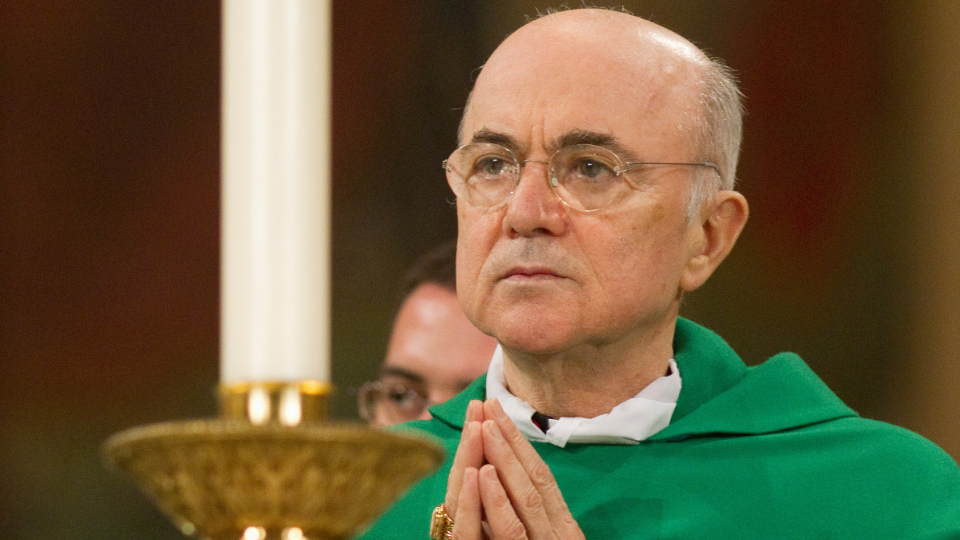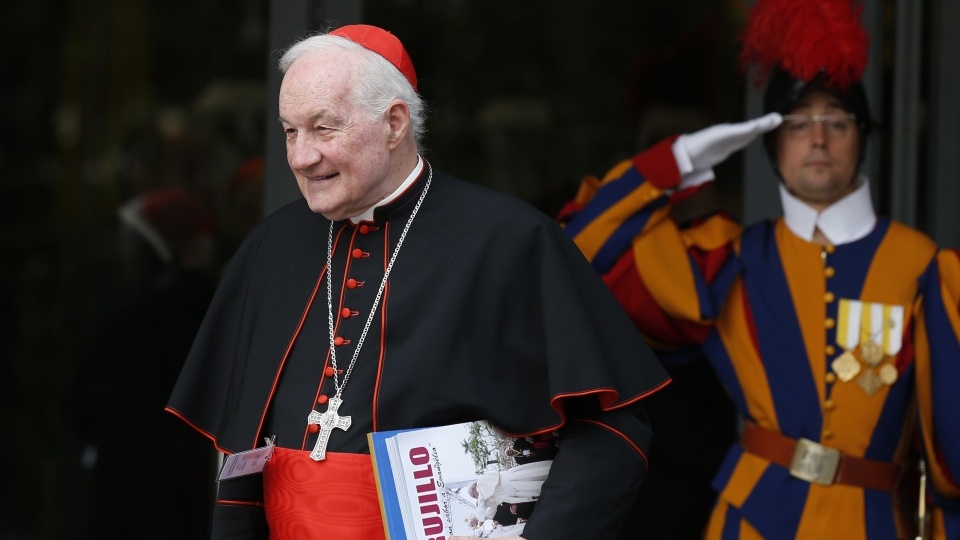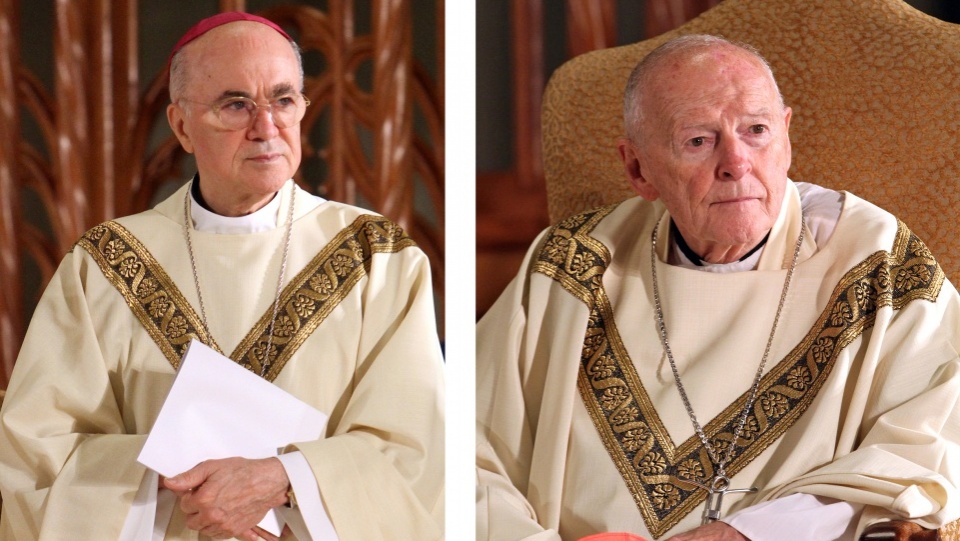
前任駐美國宗座大使維加諾總主教自願背棄與羅馬主教和天主教會的共融,因此受到自科絕罰。教廷教義部的公告寫道,「2024年7月4日,教義部召開大會,就維加諾(Carlo Maria Viganò)總主教被指控犯有裂教罪一事(參閱:《天主教法典》751條和1364條;art. 2 SST),對於依照《天主教法典》1720條啟動的法庭外懲戒訴訟程序作出結論」。
- 751 條 – 所謂異端,是在領洗後,固執地否認某端天主所啟示 和教會所定該信的真理,或是固執地懷疑這端道理;所謂背教, 是整個拒絕基督宗教的信仰;所謂裂教,是不願服從教宗或是不 願與隸屬教宗的教會成員共融。
- 1364 條 – 1 項 – 背教人,異端人或裂教人受自科絕罰,亦應遵守 194 條 1 項 2 款的規定;其為聖職人員者,得加處 1336 條 1 項 1、2 及 3 款所規定的罰。
- 1720 條 – 如教長認為應以非訴訟之裁定進行時:
1. 應將控告及證據通知被告,並授以自衛之權利; 但其經依法 傳喚而不到場者,不在此限;
2. 應就一切證據及理由,與二位陪審官仔細加以酌量;
3. 如確知罪行而刑事訴訟尚未消滅時, 應依 1342 條至 1350 條 之規定,作成裁決,並至少簡短說明法理上及事實上之理由。
公告繼續表示,「他的公開聲明顯示他拒絕承認及服從教宗,拒絕與服從教宗的教會成員共融,以及拒絕梵蒂岡第二屆大公會議的合法性及其訓導權威」。「按照懲戒訴訟法的結果」,維加諾被宣判「犯有裂教罪。教義部依照《天主教法典》1364條1項,宣布了自科絕罰 (latae sententiae)。在這些案件中,懲罰罪的解除保留於宗座」。這項裁決已於2024年7月5日通知維加諾總主教。
眾所周知,今年6月20日,維加諾總主教公布了一份傳喚令的全文。根據這份文件,他被傳喚在羅馬對各項指控作出回答,而且他有機會在6月28日前委任一位辯護律師來代表自己,或者呈交一份答辯狀。由於他沒有這麼做,依照《法典》規定,已經給維加諾提供了一位公設辯護人代為作辯護。
近年來,前任駐美國宗座大使維加諾總主教多次聲稱不承認教宗及梵二大公會議的合法性。按照《法典》,犯下某些罪行就會受到自科絕罰。受絕罰的人禁止舉行彌撒和其它聖事,不可領受聖事、施行聖事,以及舉行其他敬禮儀式,也不可在上述活動中扮演任何積極角色。此外,他們被禁止行使任何一種教會職務或任務,不可從事管理事務。
總之,絕罰的意義是醫治罰,也就是邀請當事人悔改。因此,教會始終等待他回到共融裡來。
來源:梵蒂岡新聞網


